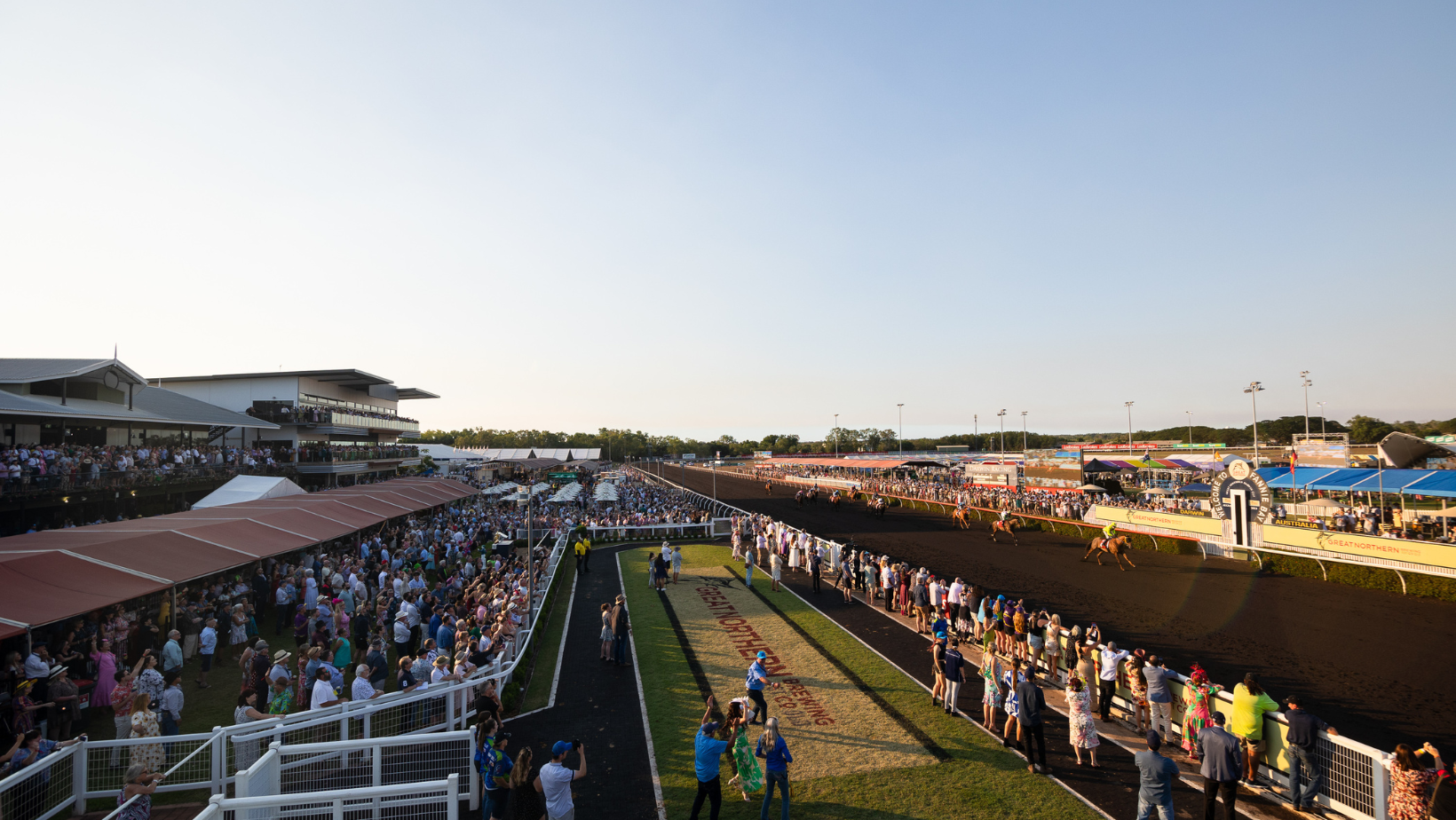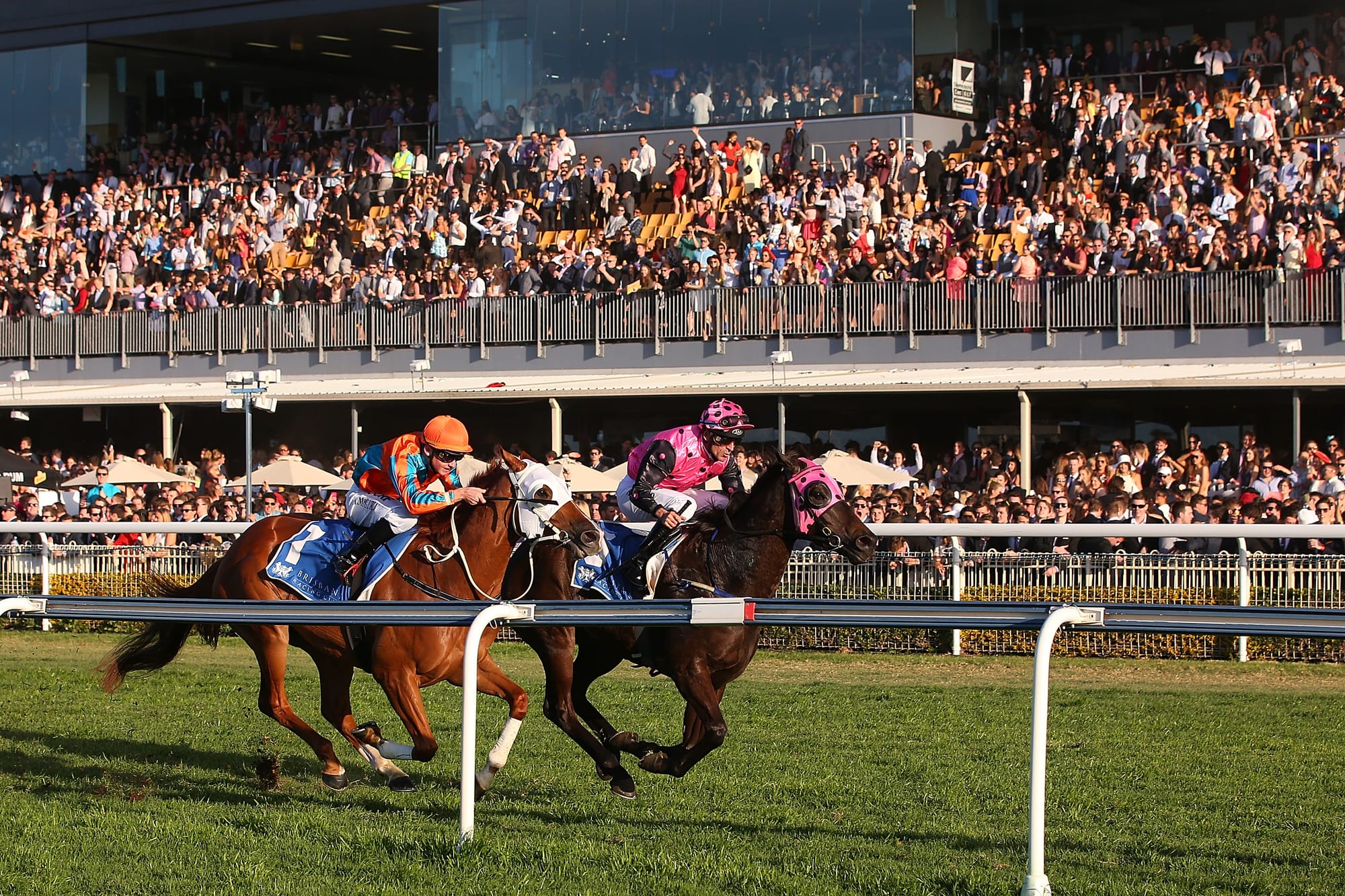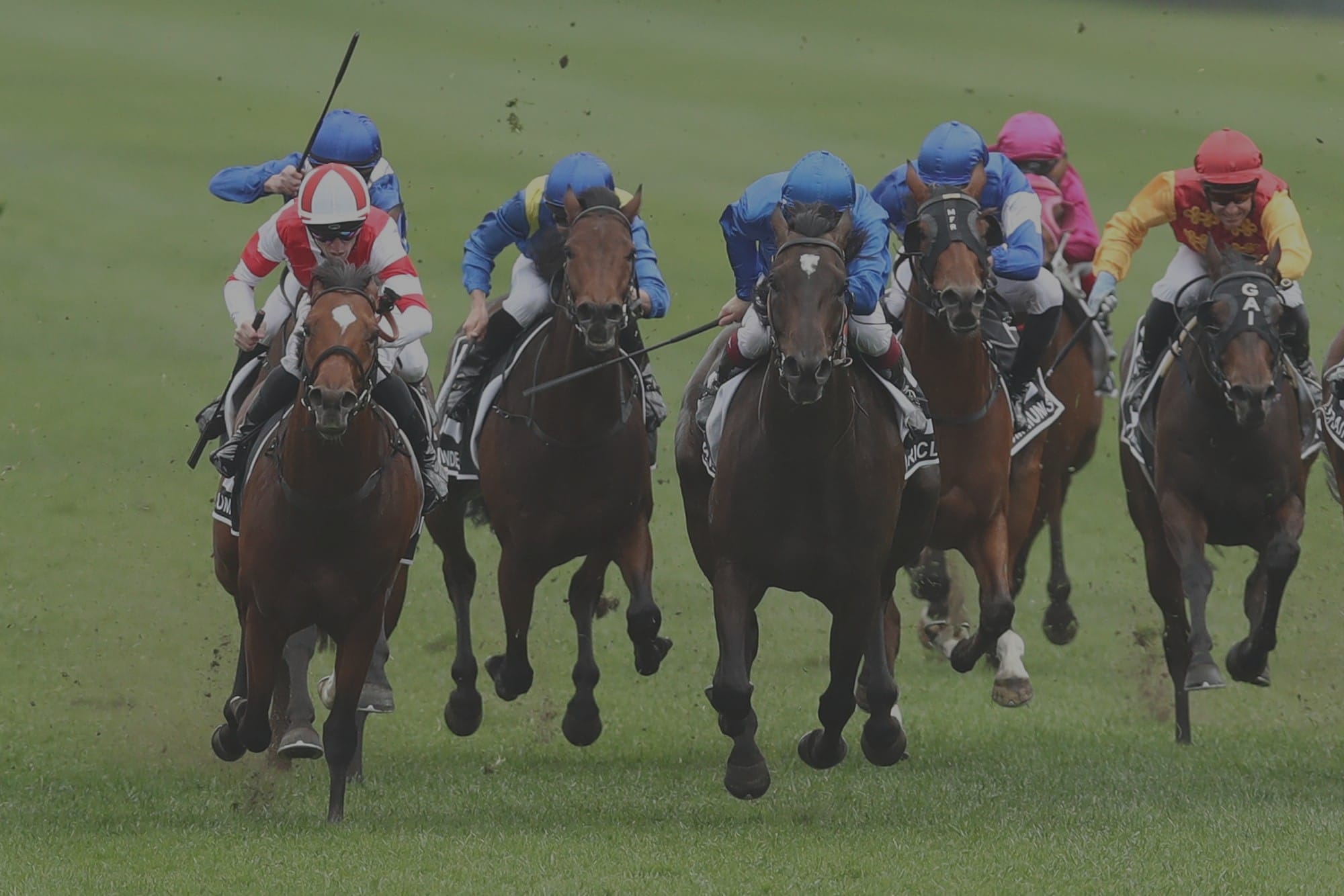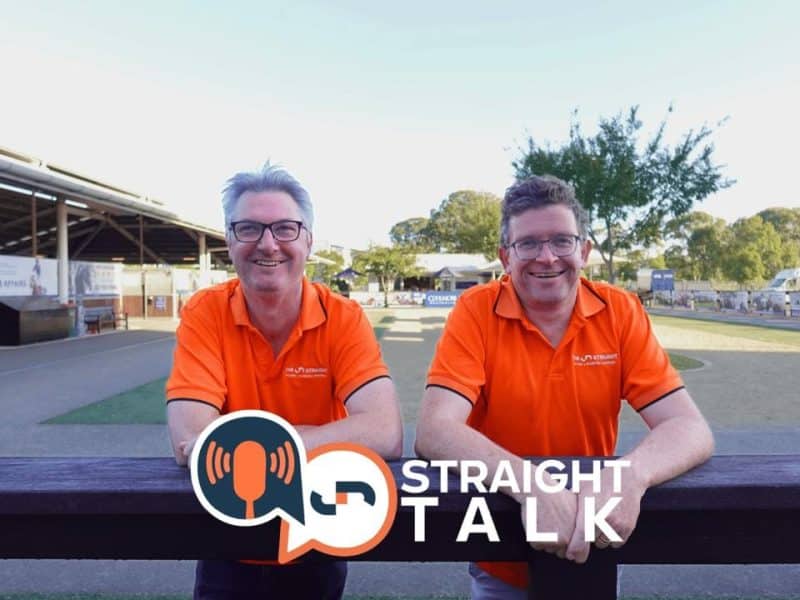Survival of the fittest – challenges facing Darwin’s iconic Cup carnival
The Darwin Turf Club has fronted the challenges of slow tickets sales and a slowing tourism economy by downsizing hospitality services for its famous Cup carnival.

Horse racing in the Australian tropics is feeling the heat.
For so long a popular winter destination for southern states racegoers, the month-long Darwin Cup carnival is experiencing a decline in interest this year as part of a broader Northern Territory tourism downturn.
Darwin, an outpost of the Australian thoroughbred scene, has long been a charming and unique part of the racing landscape.
It has been a magnet for those wanting to escape the clutches of a true winter down south while catching up with long-lost friends and even longer-lost horses they perhaps used to follow at Randwick or Flemington.
Sure, the quality of stock trying to recapture some semblance of past glories isn’t the best.
But there has always been much more to a Darwin Cup carnival at Fannie Bay, Darwin’s quaintly named racetrack built on a foundation of dirt and oil that belies a magnificent backdrop provided by the Timor Sea.
Darwin has a reputation as a last frontier, and its beer-drinking culture has been a badge of honour for Territorians for decades.
But for the Darwin Turf Club, at least half the party is over – or won’t get started in 2024.
In reaction to sluggish ticket sales, the DTC’s centrefield hospitality area will not be open this year.
The decision provides an insight into how a softer dry season tourism market is impacting major events in the Northern Territory such as the Darwin Cup.
It may be an iconic racing trip, but it’s also expensive and it’s not immune to factors such as airline price gouging and limited accommodation that make winter holidays to places such as Bali a lot more attractive – and cheaper.
The Straight has seen return airfares from Sydney to Darwin costing more than $2000 for Cup weekend.

On the other hand, if racegoers are happy to catch an expensive flight, they are likely to find a place to stay much easier.
“It’s either the flights or the accommodation,” DTC chief executive Grant Dewsbury told The Straight.
“If you can get here cheaply, then it’s generally hard to find accommodation.
“But if you can’t get here on an aeroplane, then accommodation becomes cheap. It’s a catch-22.”
Dewsbury said the numbers for last year’s carnival were down on an influx of tourists who made their way north in 2022.
They are figures that mirrored a 10.5 per cent year-on-year decline in domestic visitors to the Northern Territory in 2023.
Those 1.4 million tourists spent an average of 5.7 per cent less, with the Northern Territory government attributing the fall to shifts in consumer behaviour and higher airfares.

Because most overseas travel was restricted during the pandemic, Darwin’s climate provided an ideal holiday destination in July and August – a peak time for the city’s racing.
“It was probably a bit of a free kick for the Top End in that in 2022 we were the only warm place that people could travel to from within Australia,” Dewsbury said.
“So we sort of leveraged off that and saw a bumper dry season in 2022. But with the world back open in 2023, we had people flying over us to go to Bali.
“We had a significant decline and while we’re not expecting a similar downturn this year, we’re certainly not expecting to grow on last year.”
Tour operators are experiencing fewer bookings.
“They’re just not seeing the uptake from their customers to come to Darwin,” Dewsbury said.
“The tour groups who were buying 100 tickets to everything are now buying 70 tickets.”
A Darwin Cup carnival usually generates more than $30 million for the local economy and the gloomy tourism figures have attracted political attention in the countdown to a Northern Territory election in late August.
“The tour groups who were buying 100 tickets to everything are now buying 70 tickets.” – Grant Dewsbury
The Northern Territory’s crime rate is being blamed as a major reason tourists are staying away, and it promises to be a key election issue.
Dewsbury says it is a situation that can’t be ignored.
“I’ll be frank. The Northern Territory as a whole is suffering from a national and potentially a global focus on crime,” he said.
In the art of political points-scoring, the Northern Territory opposition is making the most of Darwin racing’s woes.

“(The) announcement the carnival is struggling with ticket sales, particularly from interstate, further demonstrates how Labor’s crime crisis continues to destroy the Territory’s reputation as a safe place for tourists to visit,” Shadow Racing Minister Marie-Clare Boothby said.
“Our local businesses rely on the Darwin Cup carnival for increased trade, especially from interstate visitors.
“(This) is another devastating blow to our local businesses who are already struggling to keep the doors open.
“The CLP is a strong supporter of our racing industry and understands the strong social and economic contribution it makes to our community, unlike Labor who don’t even have a Racing Minister.”
The DTC sought government assistance before taking what it called “a cautious approach” to carnival operational and infrastructure costs.
“We went to the government to request some grant funding to allow us to do that (but we were unsuccessful) and I guess it’s a longer-term conversation with them,” Dewsbury said.



